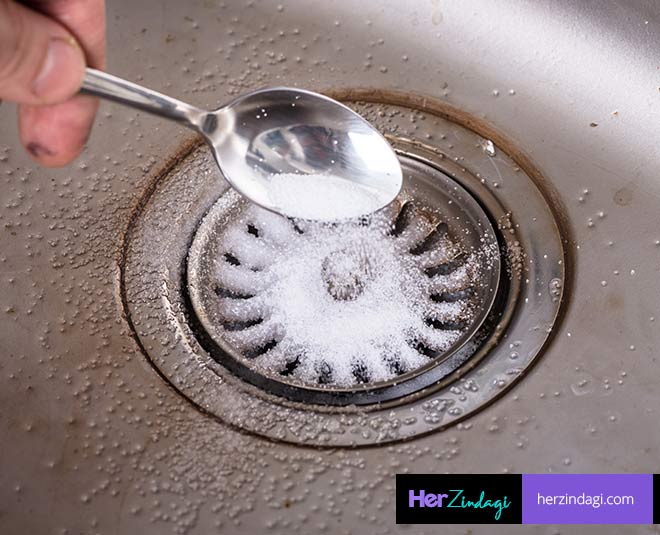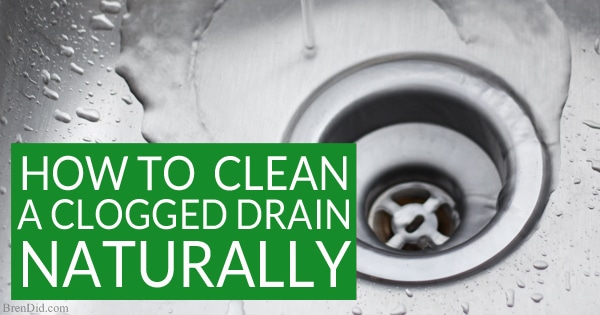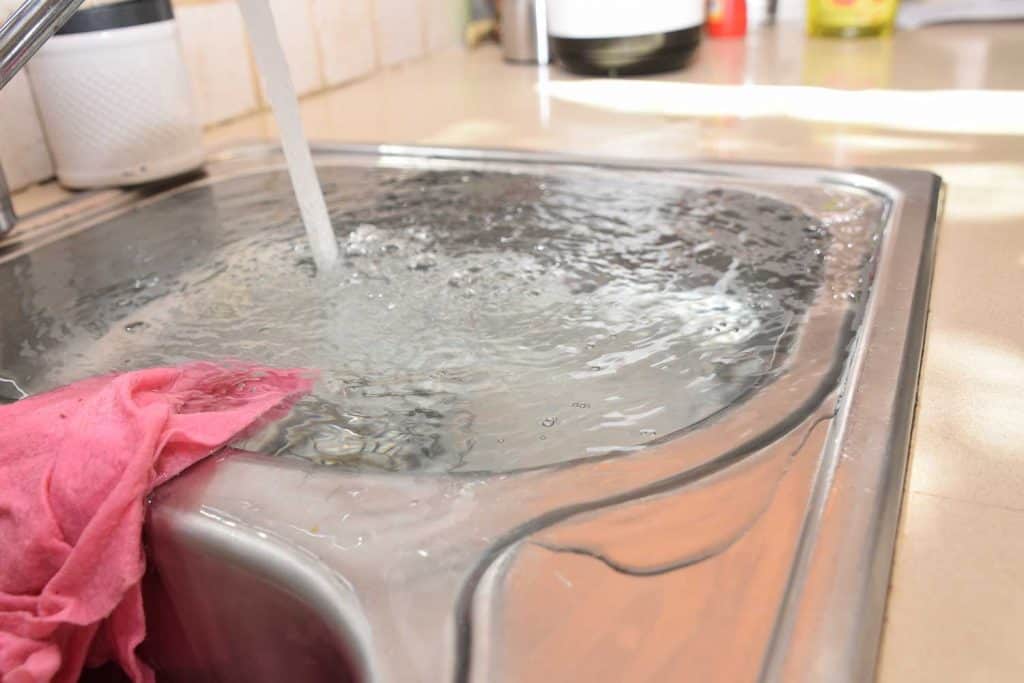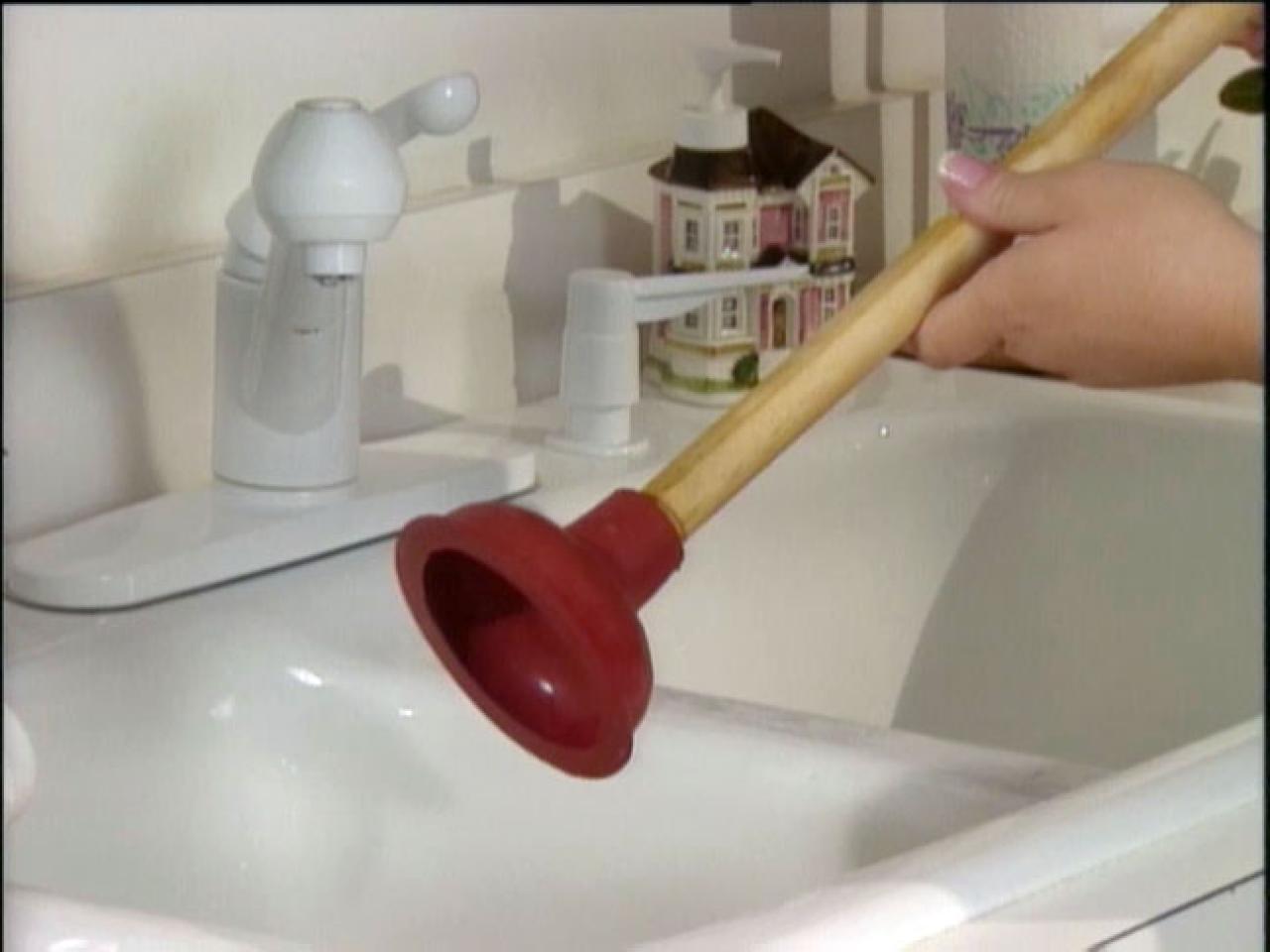Unclogging Your Kitchen Sink with Baking Soda
A clogged kitchen sink can be a frustrating and unsanitary problem, but fortunately, baking soda is an effective and eco-friendly solution. This natural product can help break down and remove stubborn clogs without the need for harsh chemicals. Below are different methods of using baking soda to unclog your kitchen sink, as well as tips and precautions to keep in mind.

Baking Soda and Vinegar Method
The Classic Approach
The classic baking soda and vinegar method is a time-honored technique for unclogging sinks. This approach combines the fizzing action of baking soda and vinegar to create a chemical reaction that can help dislodge and dissolve clogs.
To begin, pour a pot of boiling water down the clogged drain to soften any debris. Next, sprinkle 1/2 cup of baking soda down the drain, followed by 1 cup of vinegar. The mixture will immediately start to fizz and bubble. Allow it to sit for 5-10 minutes to work on the clog.
After the waiting period, pour another pot of boiling water down the drain to flush out the dissolved debris. If the clog persists, you can repeat the process until the water flows freely.
This method is suitable for minor clogs caused by food particles, hair, or grease buildup. It’s a gentle and eco-friendly alternative to commercial drain cleaners.

Baking Soda and Salt Scrub
For Tougher Clogs
If your kitchen sink is dealing with a more stubborn clog, the baking soda and salt scrub method can provide extra abrasive power to break down the obstruction.
Start by removing any standing water from the sink using a cup or small bucket. Sprinkle a generous amount of baking soda, approximately 1/2 cup, into the drain opening. Follow with 1/4 cup of coarse salt, such as kosher salt or rock salt.
Use a plunger or a sink plunger to agitate the mixture, pushing it down the drain while creating a suction. The abrasive action of the salt, combined with the baking soda’s fizzing properties, can help dislodge and break down the clog.
After plunging for a few minutes, flush the drain with hot water to rinse away the loosened debris. Repeat the process if necessary until the water flows freely.
This method is effective for tougher clogs caused by accumulations of food waste, grease, or other debris that has solidified over time.

Baking Soda Drain Cleaner
A Homemade Solution
For a homemade drain cleaner that harnesses the power of baking soda, you can create a simple solution using baking soda, salt, and hot water.
In a bowl or container, mix 1/2 cup of baking soda with 1/4 cup of salt. Slowly pour boiling water into the mixture, stirring until it forms a thick paste-like consistency.
Carefully pour the baking soda drain cleaner down the clogged drain, ensuring it reaches the clog. Allow the mixture to sit for at least 30 minutes or overnight for best results.
The baking soda and salt combination will work to break down and dissolve the clog, while the hot water helps to soften and flush out the debris.
After the waiting period, run hot water down the drain to rinse away the dissolved clog and any remaining residue.
This homemade drain cleaner is an eco-friendly and cost-effective alternative to commercial products, making it an excellent choice for regular maintenance and minor clogs.

Preventive Measures
Avoiding Future Clogs
While baking soda can be an effective solution for unclogging your kitchen sink, it’s also important to take preventive measures to avoid future clogs.
One simple step is to run hot water down the drain regularly, especially after washing dishes or disposing of food waste. This can help flush out any buildup before it solidifies and causes a clog.
Additionally, you can install a drain strainer or hair catcher to prevent larger food particles, hair, and other debris from entering the drain and causing blockages.
Avoid pouring grease or oil down the drain, as these substances can solidify and contribute to clogs. Instead, allow them to cool and dispose of them properly in the trash.
Regular maintenance, such as using baking soda and vinegar to clean and deodorize your drains, can also help prevent clogs from forming in the first place.

Safety Precautions
Protect Yourself and Your Sink
While baking soda is a safe and natural product, it’s important to take certain precautions when using it to unclog your kitchen sink.
Always use caution when handling boiling water, as it can cause severe burns. Consider wearing gloves or using a pot holder to protect your hands.
Avoid using excessive force when plunging or agitating the baking soda mixture, as this can potentially damage your pipes or sink.
If the clog persists after multiple attempts with baking soda, it may be time to seek professional assistance from a plumber. Attempting to forcefully clear a severe clog can lead to further damage or complications.
Additionally, be cautious when using baking soda and vinegar around certain surfaces, as the fizzing reaction can potentially cause stains or damage to certain materials.
By following these safety precautions, you can effectively use baking soda to unclog your kitchen sink while protecting yourself and your plumbing system.

Common Mistakes to Avoid
Using Too Much Baking Soda
One common mistake when using baking soda to unclog a kitchen sink is using an excessive amount. While baking soda is a natural and safe product, using too much can create a thick paste that may solidify and contribute to the clog instead of resolving it.
Pouring Boiling Water Directly on the Clog
Another mistake to avoid is pouring boiling water directly onto the clog before using baking soda or other methods. This can cause the clog to become more solidified and difficult to dislodge.
Not Allowing Enough Time for the Solution to Work
Patience is key when using baking soda to unclog a sink. Not allowing enough time for the baking soda mixture to work its way through the clog can reduce its effectiveness.
Neglecting to Flush the Drain After Unclogging
Forgetting to flush the drain with hot water after successfully unclogging it can leave behind residual debris, which may contribute to future clogs.
Relying Solely on Baking Soda for Severe Clogs
While baking soda can be effective for minor to moderate clogs, severe blockages may require additional tools or professional assistance. Attempting to forcefully clear a severe clog with baking soda alone can lead to further complications or damage.

How long do I have to wait for the baking soda and vinegar mixture to work?
For the baking soda and vinegar method, it’s recommended to wait 5-10 minutes after mixing the ingredients and allowing them to fizz before flushing the drain with hot water. This time allows the chemical reaction to work on the clog.
Can I use baking soda to unclog a double sink?
Yes, baking soda can be used to unclog both sides of a double kitchen sink. Simply apply the chosen method (baking soda and vinegar, salt scrub, or homemade cleaner) to each drain opening individually.
Is it safe to use baking soda in a garbage disposal?
While baking soda itself is safe to use in a garbage disposal, it’s generally not recommended as the primary method for unclogging it. Baking soda may not effectively break down larger food particles or objects stuck in the disposal’s blades. It’s best to consult the manufacturer’s instructions or seek professional help for clogged garbage disposals.
How often should I use baking soda to maintain my kitchen sink drains?
For regular maintenance, you can use the baking soda and vinegar method or a homemade baking soda drain cleaner once a month or as needed. This can help prevent future clogs from forming and keep your drains fresh and flowing smoothly.
Can baking soda damage my pipes or plumbing system?
When used correctly and in moderation, baking soda is generally safe for most plumbing systems. However, it’s important to avoid using excessive force or relying solely on baking soda for severe clogs, as this can potentially lead to pipe damage or other complications. If you have concerns about your specific plumbing materials, it’s best to consult a professional.

How to Unclog a Sink Drain how-tos DIY

Clogged Kitchen Sink Drain Baking Soda – Sink And Faucet: Home Decorating Ideas

KITCHEN SINK on Pinterest Unclog a drain, Plumbing, and Pipes

Things in Your Kitchen You’ve Never Cleaned but Need to Immediately (With images) Clean

How to Clean Your Sink with Baking Soda

Related Posts:
- Kohler Kitchen Sink Stopper Replacement
- Large Single Bowl Stainless Steel Undermount Kitchen Sink
- Kohler Brookfield Kitchen Sink
- Small Kitchen Sink With Drainboard
- Kitchen Sink Drain Plumbing With Disposal
- Big White Kitchen Sink
- How To Unclog Double Kitchen Sink With Garbage Disposal
- White Country Kitchen Sink
- Kitchen Sink Spare Parts
- Kitchen Sink Red Table Wine Price